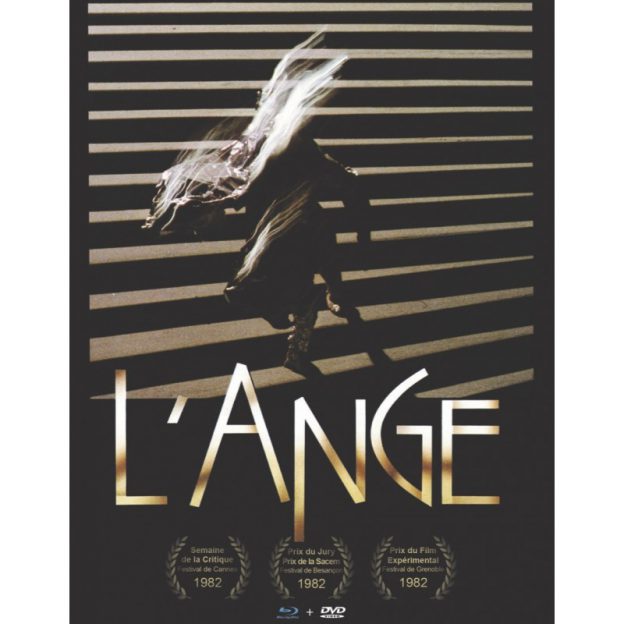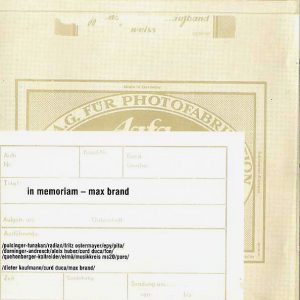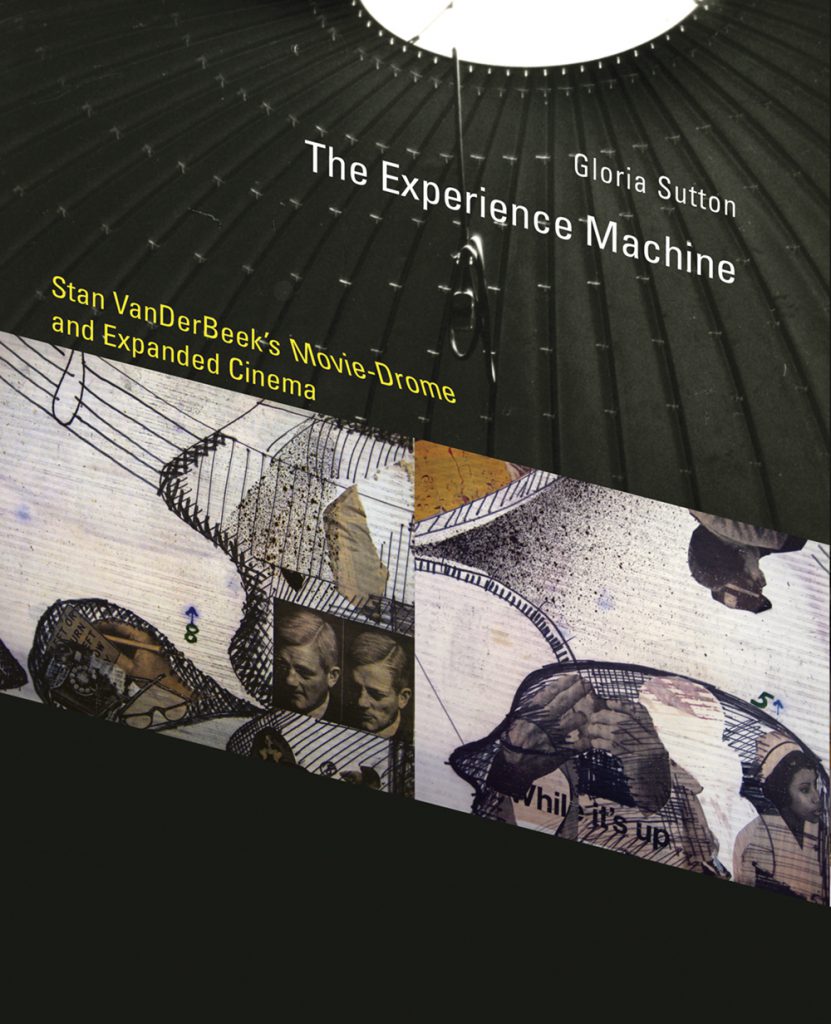Gloria Sutton - The Experience Machine – Stan VanDerBeek’s Movie-Drome and Expanded Cinem
In 1965, the experimental filmmaker Stan VanDerBeek (1927–1984) unveiled his Movie-Drome, made from the repurposed top of a grain silo. VanDerBeek envisioned Movie-Drome as the prototype for a communications system—a global network of Movie-Dromes linked to orbiting satellites that would store and transmit images. With networked two-way communication, Movie-Dromes were meant to ameliorate technology’s alienating impulse. In The Experience Machine, Gloria Sutton views VanDerBeek—known mostly for his experimental animated films—as a visual artist committed to the radical aesthetic sensibilities he developed during his studies at Black Mountain College. She argues that VanDerBeek’s collaborative multimedia projects of the 1960s and 1970s (sometimes characterized as “Expanded Cinema”), with their emphases on transparency of process and audience engagement, anticipate contemporary art’s new media, installation, and participatory practices.
VanDerBeek saw Movie-Drome not as pure cinema but as a communication tool, an “experience machine.” In her close reading of the work, Sutton argues that Movie-Drome can be understood as a programmable interface. She describes the immersive experience of Movie-Drome, which emphasized multi-sensory experience over the visual; display strategies deployed in the work; the Poemfield computer-generated short films; and VanDerBeek’s interest, unique for the time, in telecommunications and computer processing as a future model for art production. Sutton argues that visual art as a direct form of communication is a feedback mechanism, which turns on a set of relations, not a technology.
Hardcover, 272 pages, published in 2015
About the Author
Gloria Sutton is Assistant Professor of Contemporary Art History and New Media in the Department of Art + Design at Northeastern University.
“Stan VanDerBeek’s Movie-Drome (1965) is one of the most important projects created at the intersection of art, video, and digital technology. This book is the first in-depth study of Stan VanDerBeek’s works and ideas on the larger practice of 1960s avant-garde, and subsequent emergence of new media art and digital culture. It’s a must-read for anybody who wants to understand the conceptual roots of social media networks, creative coding, and our present cultural situation.”
—Lev Manovich, The Graduate Center of the City University of New York, author of The Language of New Media
“The Experience Machine is an illuminating and authoritative study of Expanded Cinema and one of its key artists. Combining a close analysis of VanDerBeek’s films, drawings, collages, photographs, and writings with a lucid assessment of the historical debates and practices of 1960s multimedia art, the book’s originality lies not only in the sheer information it yields, but also in the questions it asks and the very concepts it proposes.”
—Roy Grundmann, Boston University
€35.00
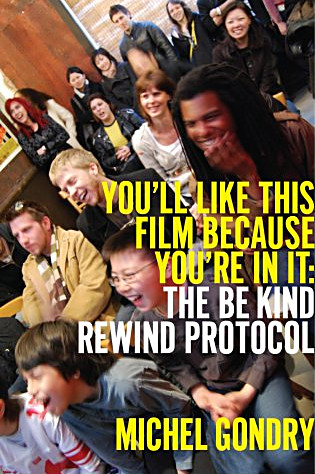
Michel Gondry - You’ll Like This Film Because You’re In It
Michel Gondry’s debut book is a functional memoir of his quest to put the tools of filmmaking in the hands of as many people as possible. At Deitch Projec..(read more)
Label: Picture Box / ISBN-13: 978-0979415388
Artist: Michel Gondry
Medium: Book
Category: Films.
Tags: Cinema, DIY.
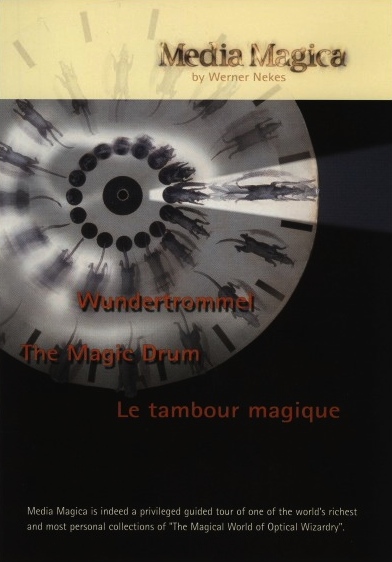
Werner Nekes - Media Magica 6 : The Magic Drum
The sixth film of Nekes, in a series of six is about the thaumatrope, stills, the kinora and much more.
Label: Own / 6
Artist: Werner Nekes
Medium: DVD
Category: Films.
Tags: Cinema, History.
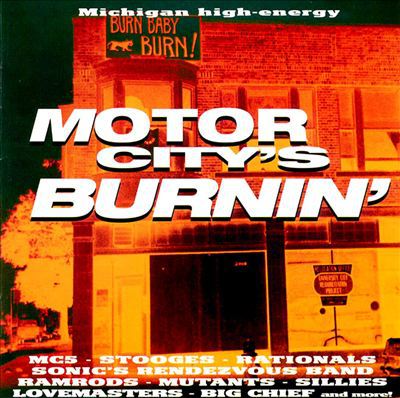
Various Artists - Motor City’s Burnin’
Label: High Energy Records / 3014
Artist: Various Artists
Medium: CD
Category: Records & Tapes.
Tags: '60s, '70s, Compilations, Punk, Rock.
